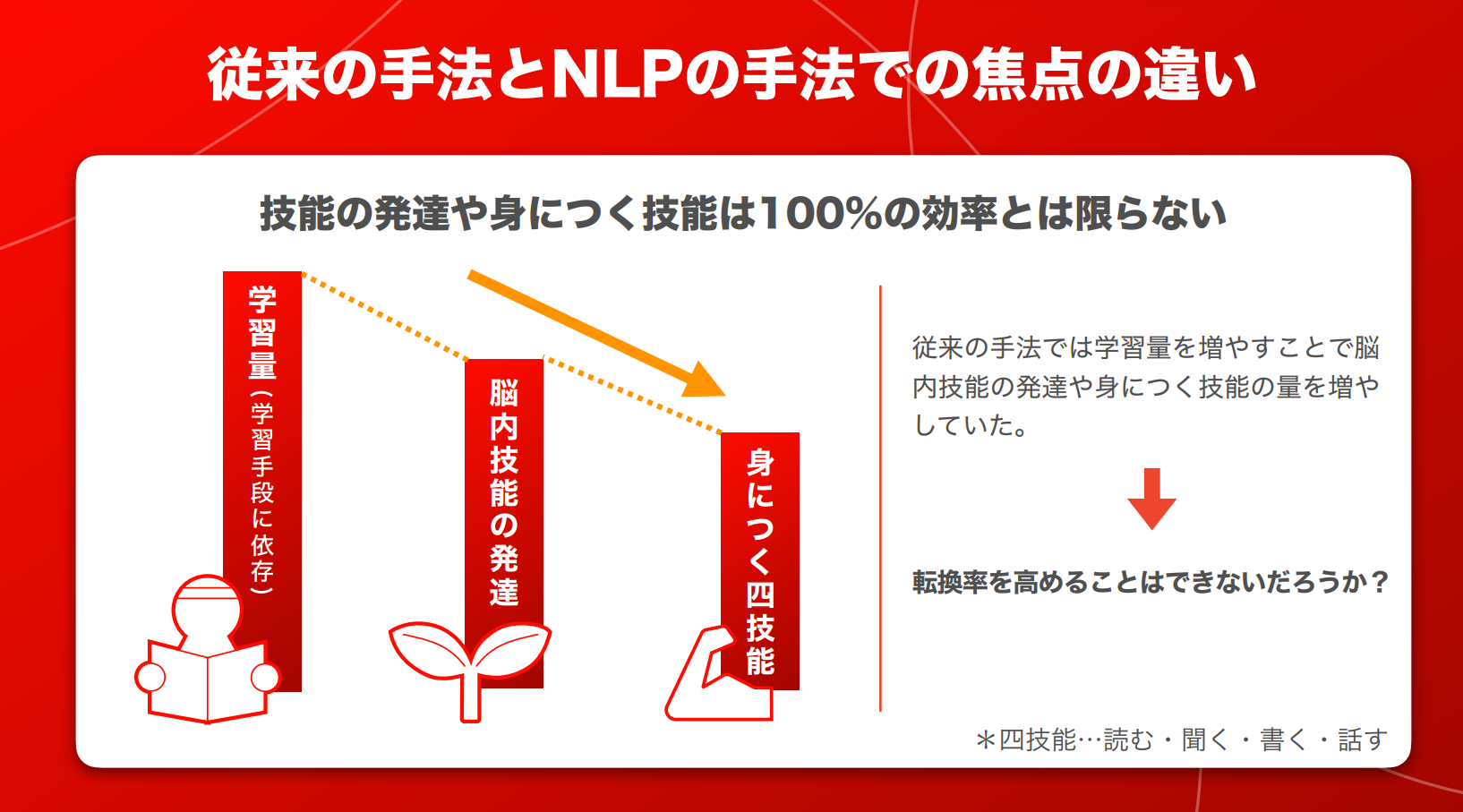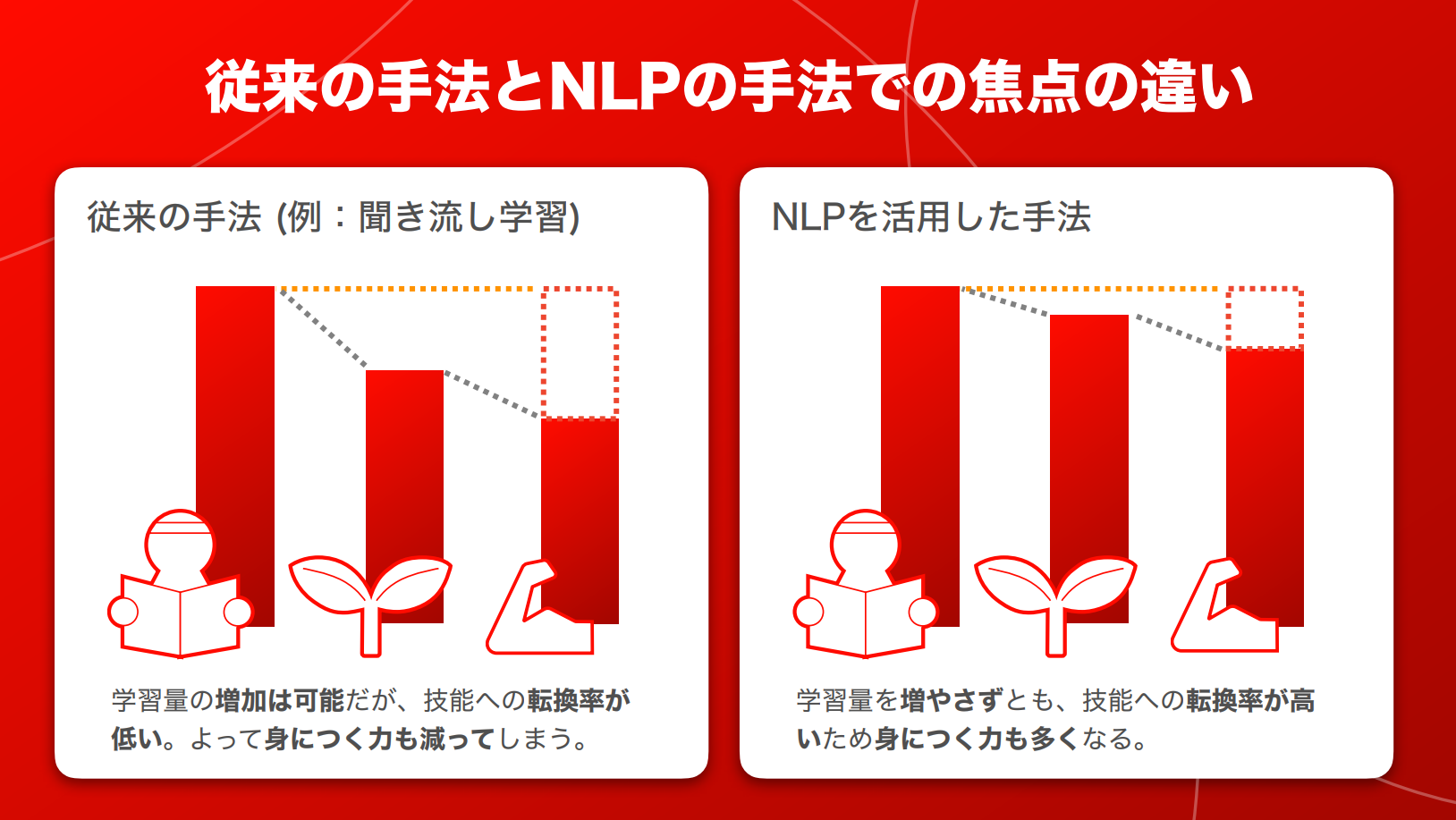日常英会話で多用されるContraction とReductionとは?
アメリカ人の日常英会話ではContraction とReductionが非常によく使われます。アメリカ人はこの二つが大好きなようで、日常会話の中で早口で多用します。しかし日本人にとっては、聴き取りにくく苦手なものかもしれません。簡単な日常会話の何でもないことを話しているのに、これらが聴き取れないと理解できない上に会話にはついていけません。
それでは、多用されるこのContraction とReductionにどう対処すればよいのか。まずは、自分で一つ一つ明確に理解することです。そしてネイティブが話すように何度も何度も口に出して練習を重ねましょう。つまり日常会話の中で多用されるContraction とReductionをネイティブが話すみたいに自分のものにしてしまうのです。
今回は、日常英会話で多用されるContraction とReductionについて、Contractionを中心にして説明していきます。Reductionについては、仮定法過去完了の口語的用法にReductionが頻繁にみられます。仮定法過去完了の用法のContractionの説明と合わせて、次の機会にまとめて説明したいと思います。
この機会にネイティブみたいにContraction とReductionを早口で話せるように反復練習すれば、なんだか英会話が上達した気分になるでしょう。何よりも素晴らしいことは、英会話に自信が持てるようになり、さらなるやる気がみなぎるはずです。
目次
Contractionとは
 それではまずContractionとは何か。それは、ズバリ短縮形のことです。例を挙げると、赤字の部分で次のようなものです。
それではまずContractionとは何か。それは、ズバリ短縮形のことです。例を挙げると、赤字の部分で次のようなものです。
I’m getting heartburn.
I’m sure I’m fine now.
You sure you’re all right?
They’re not interested in how he’s doing.
He’s getting out of the car and walking to your door.
Tell them she’s having a stroke.
We’re full of surprises.
She wouldn’t talk to me, obviously she’s not gonna tell him about that.
上記のように日常英会話で使われる簡単なものばかりですが、これらは非常に重要です。特に日常英会話で必ず使われる頻度の高い主語述語の短縮コンビネーションは、かなり早口で発音されるものす。慣れていないと聴き取りが難しいかもしれません。I’m sure I’m fine now.
You sure you’re all right?
They’re not interested in how he’s doing.
He’s getting out of the car and walking to your door.
Tell them she’s having a stroke.
We’re full of surprises.
She wouldn’t talk to me, obviously she’s not gonna tell him about that.
日常会話の中でこれらをネイティブのように早口で話すことができるように発音練習しましょう。そうすればスピーキングだけではなく、リスニングの能力の向上にも非常に役立ちます。Contraction(短縮形)を日常英会話の場面で常に問題なく使えることは、日常英会話をマスターする上で、第一に取り組むことだと言えます。
しっかりと練習してもらえるように、下記に例文を用意しました。また前述のように、特に仮定法過去完了の用法にContractionがかなり見られます。さらに仮定法過去完了の用法は、短縮したと言っても短縮形がまだまだ長い状態です。ネイティブはもっと簡略したReductionの形を使うものなのです。
Reductionとは
 今回は簡単にReductionとは何かということを説明させていただきます。下記の英文の赤字の部分を見てください。Reductionで変化した文章です。
今回は簡単にReductionとは何かということを説明させていただきます。下記の英文の赤字の部分を見てください。Reductionで変化した文章です。
I want to go to the bathroom. ⇒ I wanna go to the bathroom.
I’m going to see my mother next month. ⇒ I’m gonna see my mother next month.
He got to work now. He has got to work now. ⇒ He’s gotta go to work now.
You have to finish your homework. ⇒ You hafta finish your homework.
He has to fly home this time. ⇒ He hasta fly home this time.
I had to take a shower. ⇒ I hada take a shower.
You ought to talk to your parents. ⇒ You oughta talk to your parents.
特に下記のような仮定法過去完了の用法がかなりあります。
I’m going to see my mother next month. ⇒ I’m gonna see my mother next month.
He got to work now. He has got to work now. ⇒ He’s gotta go to work now.
You have to finish your homework. ⇒ You hafta finish your homework.
He has to fly home this time. ⇒ He hasta fly home this time.
I had to take a shower. ⇒ I hada take a shower.
You ought to talk to your parents. ⇒ You oughta talk to your parents.
You could have asked her out. ⇒ You coulda asked her out.
He should have finished his homework. ⇒ He shoulda finished his homework.
I would have known the answer. ⇒ I woulda known the answer.
You might have helped me. ⇒ You mighta helped me.
She must have lied about it. ⇒ She musta lied about it.
You could not have asked her out. ⇒ You couldna asked her out.
He should not have finished his homework. ⇒ He shouldna finished his homework.
I would not have known the answer. ⇒ I wouldna known the answer.
上記を見れば分かるか思いますがReductionは、短縮形ではありません。日常英会話で頻繁に使うパーツを使いやすいように、つまりしゃべりやすいように短く変形させたものです。これは他の言語でも見られるもので、もちろん日本語にも存在します。He should have finished his homework. ⇒ He shoulda finished his homework.
I would have known the answer. ⇒ I woulda known the answer.
You might have helped me. ⇒ You mighta helped me.
She must have lied about it. ⇒ She musta lied about it.
You could not have asked her out. ⇒ You couldna asked her out.
He should not have finished his homework. ⇒ He shouldna finished his homework.
I would not have known the answer. ⇒ I wouldna known the answer.
見てわかる通り、Reductionの部分は動詞や助動詞にaを付けたものが多くみられます。発音しやすく、しゃべりやすくしているので手際よく話して相手に意思を伝えるには最適な方法です。それでは次の二つの例文を比べてみてください。
Every day, I am going to do one thing I have never done before.
Every day, I’m gonna do one thing I’ve never done before.
Every day, I’m gonna do one thing I’ve never done before.
Contraction とReductionに慣れたら、一番目の文章は回りくどく思えますよね。なのでひたすら練習を重ねて、Contraction とReductionに慣れましょう。そうすれば、まずはネイティブな英語が話せる第一歩です。
Contraction とReductionの反復練習の仕方
 「英語が話せるようになるために克服すべき二つの課題」というテーマの記事で「オンラインの英文読み上げサイトを活用しよう」という提案がありました。ここでも同じようにContraction とReductionに慣れるための練習の方法を説明していきます。
「英語が話せるようになるために克服すべき二つの課題」というテーマの記事で「オンラインの英文読み上げサイトを活用しよう」という提案がありました。ここでも同じようにContraction とReductionに慣れるための練習の方法を説明していきます。1)無料で使えるあなたのお気に入りの英文読み上げサイトを探す。
ダウンロードせずに使用できる無料の英文読み上げサイトを「無料英文読み上げサイト」で検索してみます。かなりたくさんの読み上げサイトがありますので、自分が使いやすいと思うものを見つけましょう。2)例文をコピペして読み上げサイトで読み上げてもらう。
短縮された部分や短く変形した部分を中心に何度も聴いてみましょう。自分でも発音して確認して英語の音の変化のルールを理解します。3)何度か読み上げを聞いた後に、自分でもスピーキングの練習をする。
自分でも発音して確認して英語の音の変化のルールを理解します。4)無料録音ソフトで自分の発音を録音して聴き比べ
パソコンにダウンロードした無料録音ソフトに読み上げサイトの発音と自分の発音を録音して比べて聴いてみるのも効果的です。無料録音ソフトも多数ありますので、これも「無料録音ソフト」で検索して自分のお気に入りをダウンロードしてください。5)自分の発音がネイティブの発音に近づくまで、ひたすら発音練習します。
上記を繰り返しつつ、自分の発音をネイティブに近づけましょう。初めて自分のスピーキングを英文読み上げサイトのナレーションと聴き比べると、その差に愕然とするかもしれません。しかし最初からネイティブスピーキングができているのならこの記事を読んではいないはず。練習を重ねれば重ねるだけ上達していくものです。恥ずかしがらずにただただオウム返しのように反復練習を重ねましょう。スポーツを習う感覚でやってみてもいいかもしれませんね。
Contractionとその例文
 Contractionは量が多いので、厳選して例文を挙げます。それらの例文を参考に反復練習をしましょう。こちらも読み上げサイトで聴いて反復練習するといいですよ。
Contractionは量が多いので、厳選して例文を挙げます。それらの例文を参考に反復練習をしましょう。こちらも読み上げサイトで聴いて反復練習するといいですよ。
(1)Be動詞との組み合わせ
I’m (I am)
I’m gonna tell you what the fuck I’m talking about.
You know what I’m gonna do?
I’m a boy.
「I’m a boy.」はアィムがアィマからァマに変わることに注目してください。You know what I’m gonna do?
I’m a boy.
you’re (you are)
You’re beginning to sound just like my mother.
You’re gonna have to do your homework.
First of all, you’re all done.
You’re gonna have to do your homework.
First of all, you’re all done.
we’re (we are)
We’re gonna have a baby.
We’re not gonna leave them, are we?
If we’re taking a vote, I’m with him.
We’re not gonna leave them, are we?
If we’re taking a vote, I’m with him.
what’s (what is)
What’s really going on here?
I’ve got to find out what’s happening out there.
What’s so fuckin’ funny?
I’ve got to find out what’s happening out there.
What’s so fuckin’ funny?
what’re (what are)
What’re you gonna do about it?
What’re you doing here?
What’re you so excited about?
What’re you doing here?
What’re you so excited about?
who’s (who is)
Hey, look who’s here.
Who’s next?
Who’s going to pay for this?
Who’s next?
Who’s going to pay for this?
who’re (who are)
And who’re you gonna be sitting next to?
The film begins with a young couple, who’re just about to get married.
Who’re the people at the next room?
The film begins with a young couple, who’re just about to get married.
Who’re the people at the next room?
when’s (when is)
When’s she gonna come out?
So when’s our dinner?
When’s the last time you got sleep?
So when’s our dinner?
When’s the last time you got sleep?
how’re (how are)
So, how’re we getting to London?
How’re we doing?
How’re the boys?
How’re we doing?
How’re the boys?
(2)Willとの組み合わせ
I’ll (I will)
I’ll tell you what.
I’ll be right back.
Say one more word and I’ll scream.
I’ll be right back.
Say one more word and I’ll scream.
that’ll (that will)
That’ll do it.
That’ll make you feel better.
That’ll take months.
That’ll make you feel better.
That’ll take months.
who’ll (who will)
Who’ll pay my cleaning bill?
You’re the only one who’ll believe me.
We’re trying to find a lawyer who’ll take in on.
You’re the only one who’ll believe me.
We’re trying to find a lawyer who’ll take in on.
what’ll (what will)
What’ll you do, throw me out?
What’ll happen to him?
It also predicts what’ll happen next.
What’ll happen to him?
It also predicts what’ll happen next.
how’ll (how will)
How’ll we explain this to our mother?
And how’ll you be spending it?
How’ll he do it?
And how’ll you be spending it?
How’ll he do it?
(3)Wouldとの組み合わせ
you’d (you would)
I was afraid you’d miss me.
We can do it your way if you’d like.
But you said you’d help us.
We can do it your way if you’d like.
But you said you’d help us.
we’d (we would)
I thought tonight we’d stay at my place.
If it’s all right, we’d better check in.
We’d like to talk to you for a minute, if you don’t mind.
If it’s all right, we’d better check in.
We’d like to talk to you for a minute, if you don’t mind.
who’d (who would)
Do you know anyone who’d be interested?
Who’d be a fan of Sherlock Holmes?
There are people who’d pay a lot of money for that information.
Who’d be a fan of Sherlock Holmes?
There are people who’d pay a lot of money for that information.
(4)Have やHasとの組み合わせ
I’ve (I have)
I’ve got to go now.
I’ve done this a million times.
I’ve got to get out of here.
I’ve done this a million times.
I’ve got to get out of here.
we’ve (we have)
We’ve killed all the ravens.
We’ve got to pull out.
We’ve been through this before.
We’ve got to pull out.
We’ve been through this before.
Who’s (who has)
So you’re the son of a bitch who’s been stealing my newspapers.
Who’s made that mess?
It’s like a man who’s been blind all of his life suddenly being given sight.
Who’s made that mess?
It’s like a man who’s been blind all of his life suddenly being given sight.
(5)Be動詞と助動詞の否定形
否定疑問文にも使えるので、余裕があれば反復練習をしましょう。
Aren’t you angry?
Haven’t you seen the plans?
Wouldn’t it be great to take that truck up to the lake?
Haven’t you seen the plans?
Wouldn’t it be great to take that truck up to the lake?
(6)Hadとの組み合わせ
前述した(3)のWouldとの組み合わせと全く同じ形です。ただ主に過去完了形の場合が多いので区別は簡単にできます。使用頻度については、Wouldの組み合わせよりも少なくなります。
She was no different than she’d ever been.
He’d been dependent on you.
They’d never seen or spoken to each other.
We thought We’d killed everyone.
He’d been dependent on you.
They’d never seen or spoken to each other.
We thought We’d killed everyone.
まとめ
今回はContraction とReductionについてお話しました。日常英会話ではよく使われるものであっても日本人には聴き取りづらいもの。まずは自分で発音し理解することで徐々に聴き取れるようになるのではないでしょうか。今回使用した例文は映画やドラマをはじめとする日常英会話で使われているものばかりを集めてみました。日常英会話で頻繁に使用されるContractionを練習しながら、他の音の変化などにも注意してください。自分でリスニングの後に発音することが非常に大切です。
英語のスピーキングの上達は、このContractionをマスターしてネイティブの発音に近づき、早口で話せるようになることから始まります。何度も言いますが大切なことは反復練習です。
一日でも早くネイティブスピーキングに近づけるといいですね。
関連記事
また、英会話習得の効果を高めるためのTipsにご興味がありましたら、下記より資料をダウンロードいただけます。
【資料のご案内】 英会話習得の効率を更に高める3つの手法とは
※こちらは、資料の一部を抜粋したものです。



【英会話習得効率を高める3つの原則と活用例】の資料ダウンロードはこちらから。
項目を以下に入力して続きをご覧ください。





















